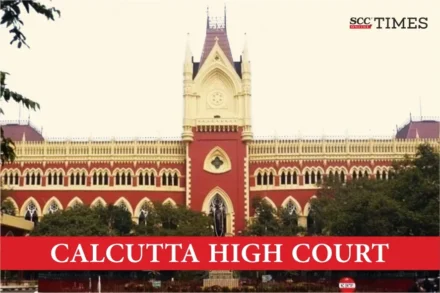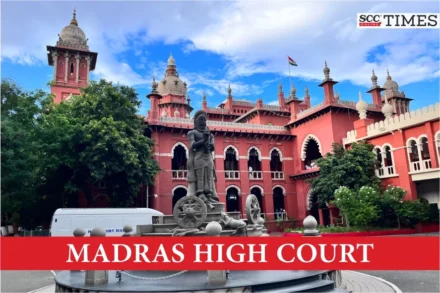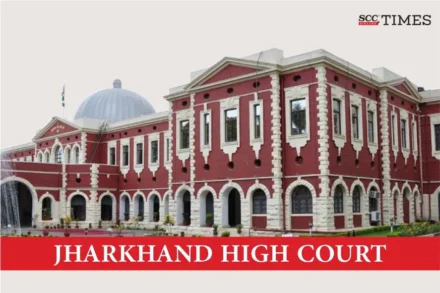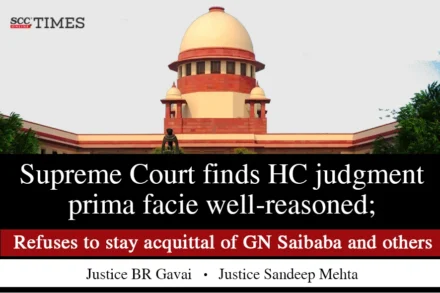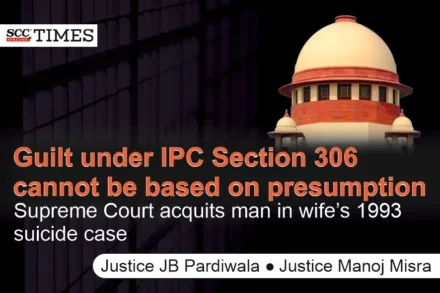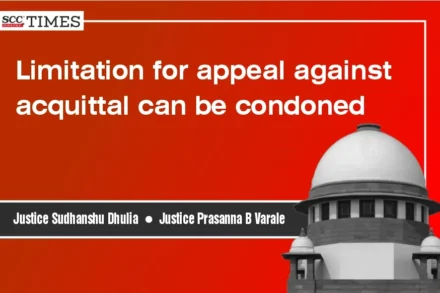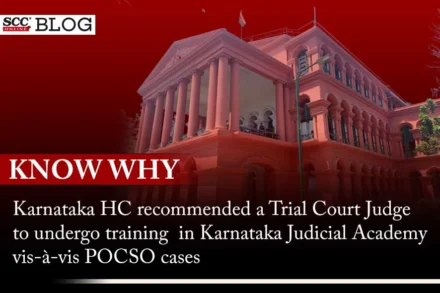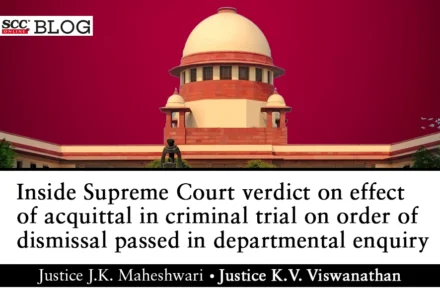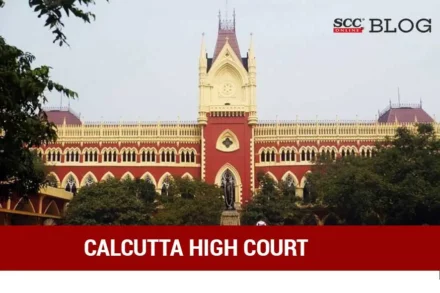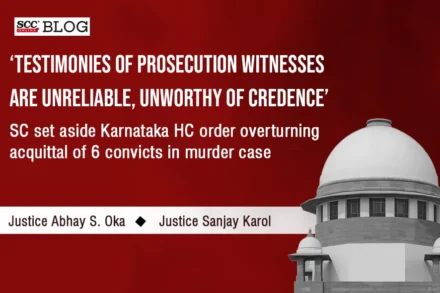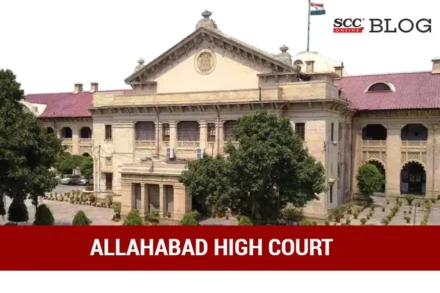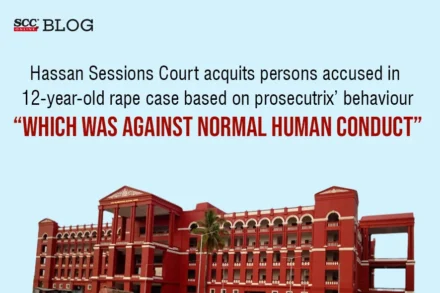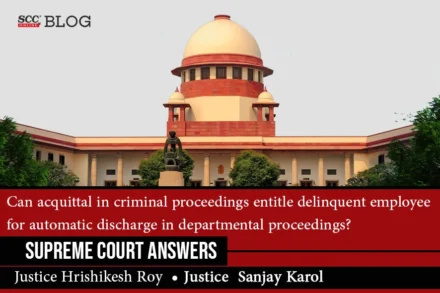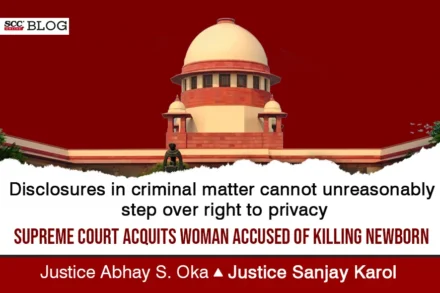
‘Victimizing foreign national without reason will reflect in bilateral relations’; Bombay HC directs FRRO to issue Exit Permit to Chinese woman acquitted in smuggling case
Apart from the right to get Exit Permit, the Chinese woman needs to be adequately compensated for the mental agony, trauma, and sufferings undergone by her due to the conduct of Respondent 2, Union of India. Thus, Respondent 2 is directed to pay an amount of Rs 10,00,000 as compensation.


